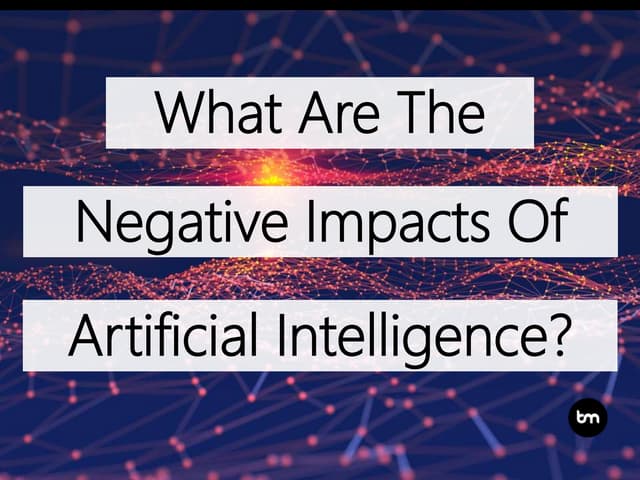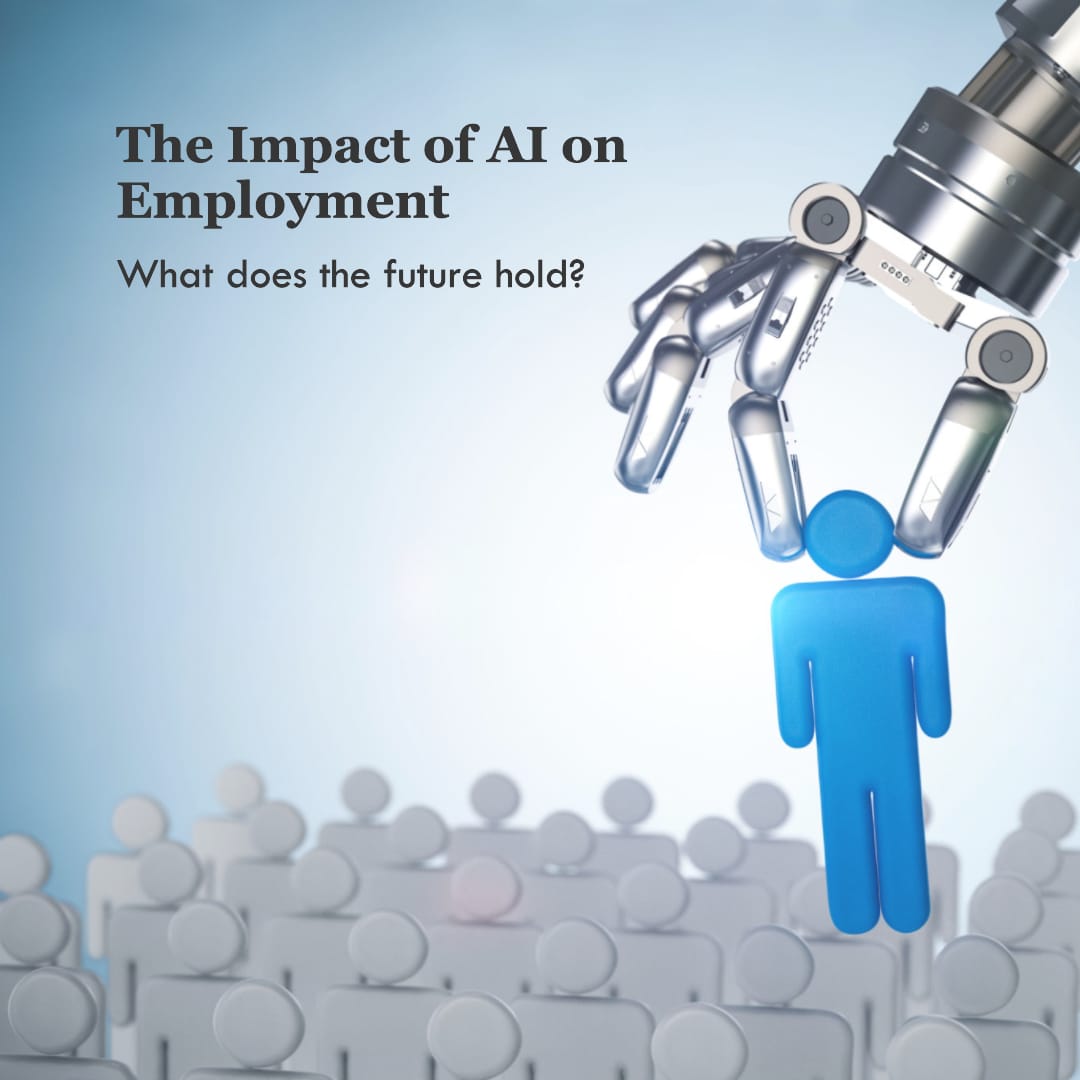In today’s hyper-connected world, the role of mobile applications, or apps, has transcended beyond mere convenience. Apps have become an integral part of our daily lives, reshaping the way we communicate, work, shop, learn, and even manage our health. With over 3.48 million apps available for download on the Google Play Store and Apple App Store combined, it’s clear that apps have infiltrated nearly every facet of our existence.
This article delves into the profound impact of apps on our daily lives, exploring their evolution, societal implications, and the potential challenges and opportunities they bring. From the way we connect with others to how we access information and entertain ourselves, apps have transformed our world.
The Evolution of Mobile Apps
1. A Brief History of Mobile Apps
The concept of mobile applications isn’t new. In the early days of mobile phones, basic software like calculators and calendars were considered apps. However, the real breakthrough came with the introduction of smartphones. The launch of the Apple App Store in 2008 and Google Play Store in 2009 marked a turning point in the history of mobile technology. Developers were suddenly provided with platforms to distribute and monetize their creations, setting the stage for an app revolution.
2. The Proliferation of App Categories
Apps have diversified into various categories to cater to every imaginable need. Social media apps like Facebook, Instagram, and Twitter have reshaped how we connect and share information. Messaging apps like WhatsApp and WeChat have made communication more instant and global. Streaming apps like Netflix and Spotify have changed how we consume entertainment. Additionally, productivity apps, fitness apps, and countless others have found their niche in our daily routines.
3. The Rise of Mobile Games
Mobile gaming has undergone a seismic shift, becoming a massive industry in its own right. Games like Candy Crush, Fortnite, and Pokemon Go have attracted millions of users worldwide, illustrating the power of mobile gaming to capture our attention and generate substantial revenue.
Apps in Communication and Social Interaction
1. Reimagining Social Interaction
Social media apps have fundamentally altered the way we interact with one another. They have transformed communication from a face-to-face or voice-based activity to one conducted primarily through text, images, and videos. Platforms like Facebook have redefined the concept of “friendship,” while Twitter has given a voice to millions, enabling public discourse and activism.
2. The Impact on Relationships
While apps have brought us closer to distant friends and family, they have also raised questions about the quality of our relationships. The prevalence of screens can sometimes hinder meaningful connections, leading to concerns about the impact of excessive screen time on our mental health and personal relationships.
The Transformation of Work and Productivity
1. Remote Work Revolution
The COVID-19 pandemic accelerated the adoption of remote work, and apps played a pivotal role in making this transition smooth. Collaboration tools like Slack and Microsoft Teams, along with project management apps like Trello and Asana, have allowed employees to work from anywhere. This shift has both advantages, such as increased flexibility, and challenges, like the blurring of work-life boundaries.
2. The Gig Economy and Apps
Apps have facilitated the gig economy’s growth, enabling people to find freelance work through platforms like Uber, Lyft, and Upwork. While this provides flexibility for workers, it also raises concerns about job security and labor rights.
The Influence of Apps on Learning and Education
1. E-Learning and Educational Apps
Educational apps have become invaluable tools for students of all ages. From language learning apps like Duolingo to online courses on platforms like Coursera and edX, apps offer a wide range of educational opportunities. They have democratized learning, making it accessible to people around the world.
2. Challenges in Digital Learning
Despite the benefits, digital learning also poses challenges. Concerns about screen addiction, the digital divide, and the effectiveness of online education have come to the forefront. Striking the right balance between traditional and digital learning methods remains a topic of debate.
The Digital Marketplace: Shopping and E-Commerce
1. The Convenience of Online Shopping
E-commerce apps have revolutionized the way we shop. Companies like Amazon, eBay, and Alibaba have made it possible to buy nearly anything with a few taps on a screen. The convenience of shopping from home has reshaped consumer behavior, impacting traditional retail stores.
2. Data Privacy and Security Concerns
The increasing reliance on e-commerce and payment apps has raised concerns about data privacy and security. High-profile data breaches and controversies surrounding the use of personal data by tech giants have fueled debates about regulating the digital marketplace.
Health and Wellness Apps
1. Monitoring and Fitness Apps
Health and wellness apps have gained popularity as people seek ways to monitor their physical and mental well-being. Fitness trackers like Fitbit and apps like MyFitnessPal help users track their exercise, diet, and sleep patterns. Meditation and mental health apps, such as Calm and Headspace, offer tools to manage stress and improve mental health.
2. The Future of Telemedicine
Telemedicine apps have seen a surge in adoption, particularly during the pandemic. They provide remote consultations with healthcare professionals, making healthcare more accessible. However, they also raise questions about the quality of care and the need for in-person examinations.
Entertainment and Content Consumption
1. Streaming Services and On-Demand Content
The dominance of streaming apps like Netflix, Amazon Prime Video, and Disney+ has reshaped how we consume entertainment. The “binge-watching” culture has become the norm, changing our viewing habits and content preferences.
2. Personalization and Algorithmic Recommendations
Apps leverage algorithms to provide personalized content recommendations. While this can enhance user experience, it also raises concerns about the filter bubble effect, where users are exposed to a limited range of perspectives and ideas.
Apps and Privacy Concerns
1. Data Collection and Surveillance
The widespread use of apps has raised significant privacy concerns. Many apps collect vast amounts of data on users’ behavior and preferences, which can be exploited for targeted advertising or even surveillance by governments and malicious actors.
2. The Need for Data Protection
Governments and regulatory bodies worldwide have recognized the need for stronger data protection measures. The European Union’s General Data Protection Regulation (GDPR) and the California Consumer Privacy Act (CCPA) are examples of efforts to empower users with greater control over their personal data.
Challenges and Concerns
1. Addiction and Screen Time
Excessive app usage, particularly among young people, has raised concerns about addiction and its impact on mental health. App designers often use psychological techniques to keep users engaged, which can lead to compulsive use and reduced real-world interactions.
2. Digital Divide and Accessibility
Not everyone has equal access to smartphones and apps, creating a digital divide that affects education, job opportunities, and access to essential services. Bridging this divide is a challenge governments and organizations must address.
3. Security Vulnerabilities
The proliferation of apps has also given rise to security vulnerabilities and the potential for cyberattacks. Ensuring the security of personal data and critical infrastructure is an ongoing concern.
The Future of Apps
1. Emerging Technologies
The future of apps is closely tied to emerging technologies like augmented reality (AR), virtual reality (VR), and the Internet of Things (IoT). These technologies will offer new possibilities for app development, from immersive gaming experiences to enhanced productivity tools.
2. Ethical Considerations
As apps continue to evolve, ethical considerations will play a more prominent role. Developers and organizations will need to address issues related to data privacy, inclusivity, and the societal impact of their apps.
Conclusion
The impact of apps on our daily lives is undeniable. They have transformed how we communicate, work, shop, learn, and entertain ourselves. However, this transformation has not been without challenges. Privacy concerns, addiction, and the digital divide are pressing issues that must be addressed as we move forward in this digital age.
As technology continues to evolve, so too will the role of apps in our lives. It is essential that we remain vigilant and proactive in addressing the ethical and societal implications of this digital revolution. By doing so, we can harness the full potential of apps to improve our lives while mitigating the risks they pose. Apps have already changed the world; the question now is how we will shape their future impact.







Leave a Reply